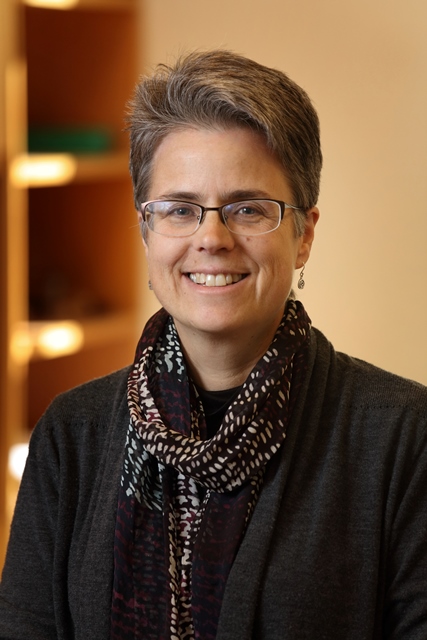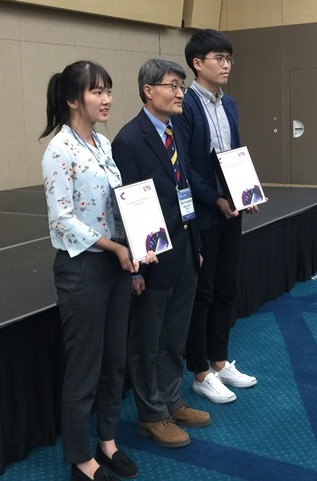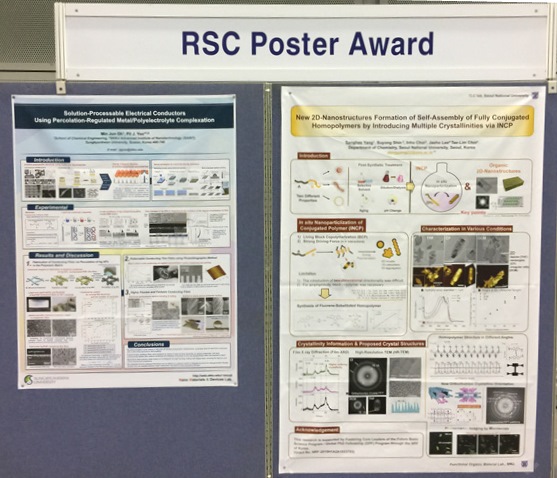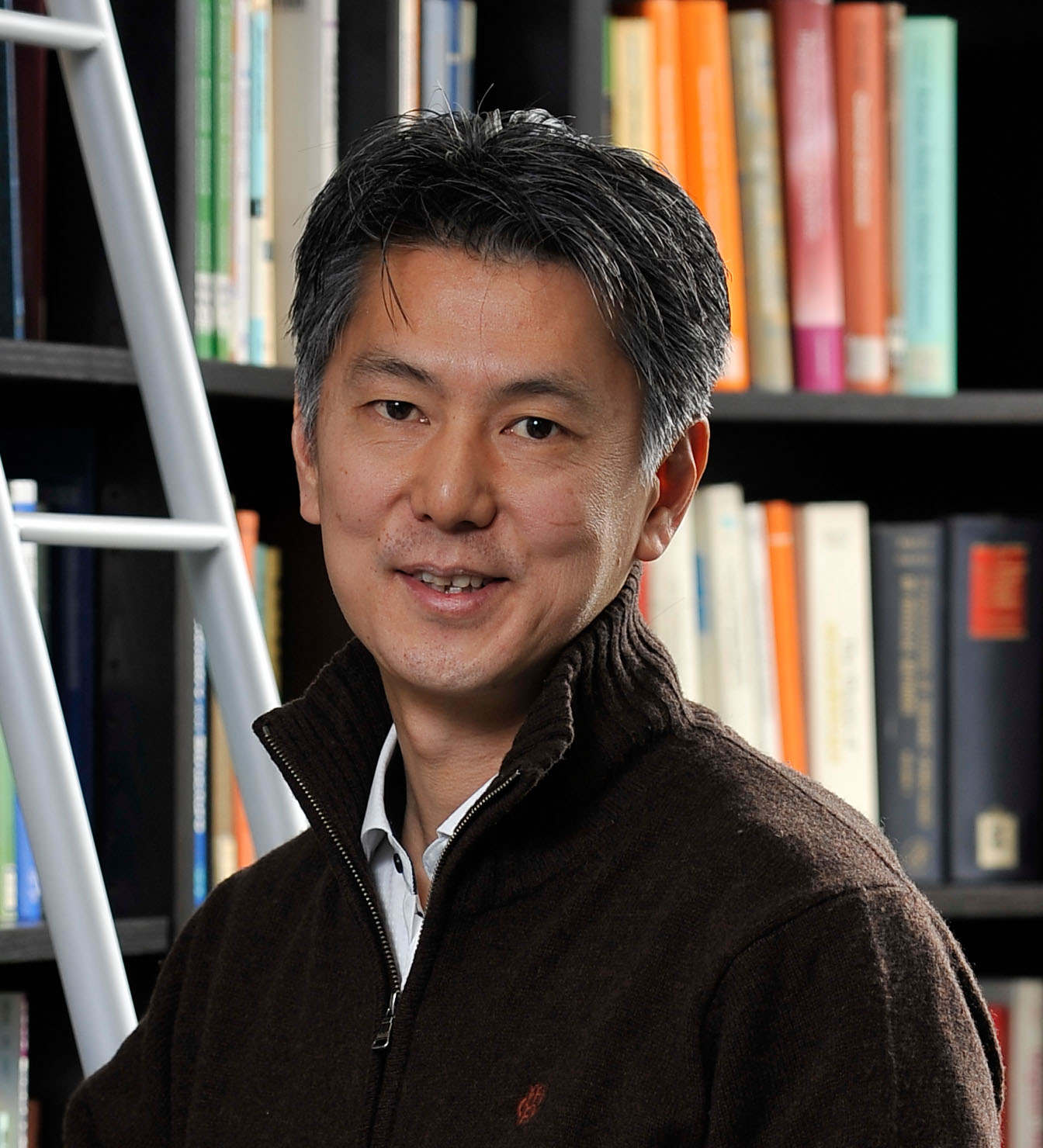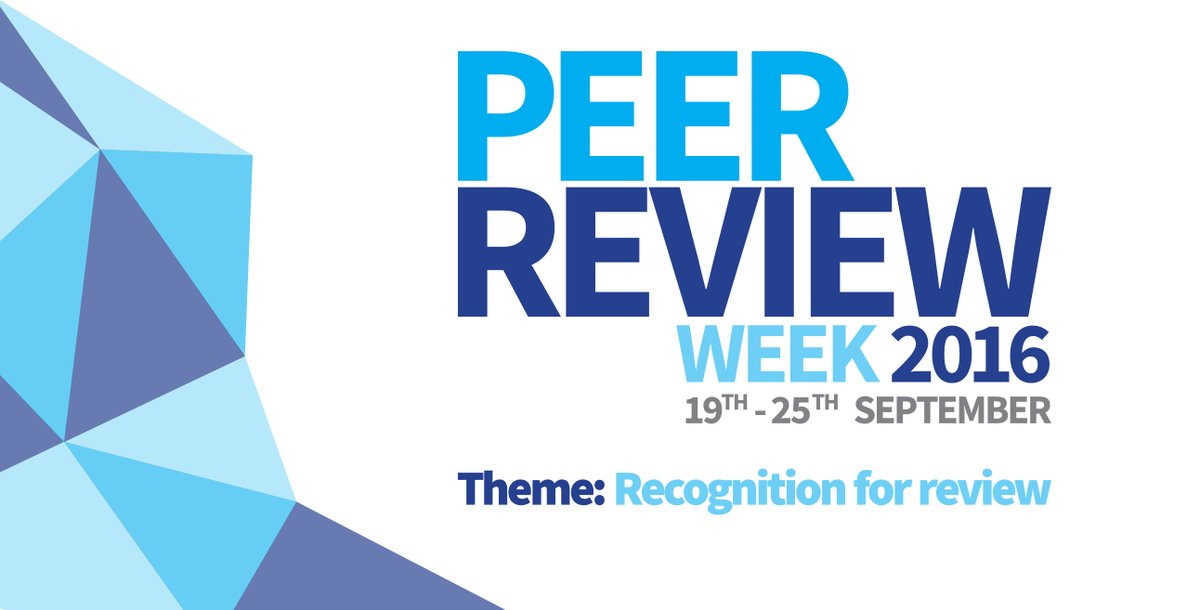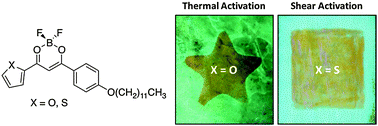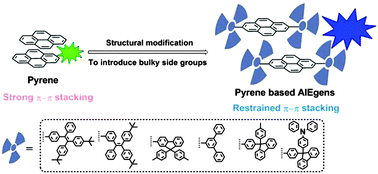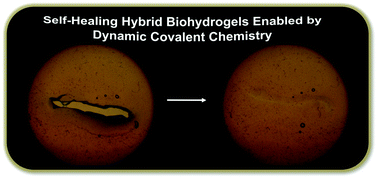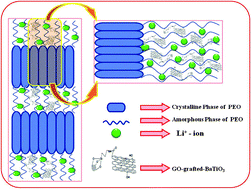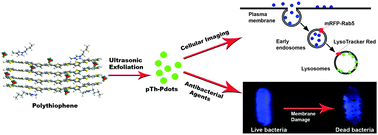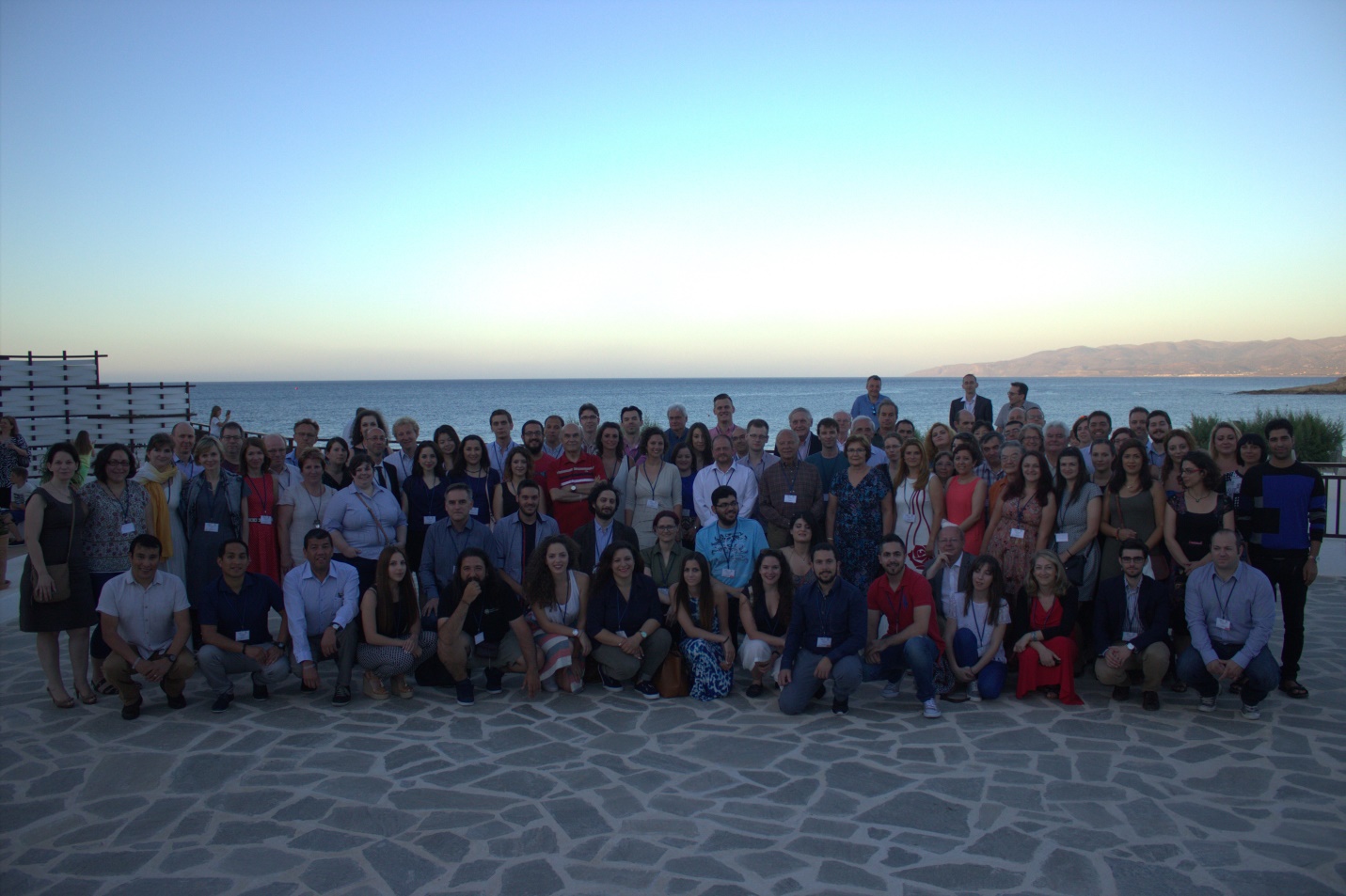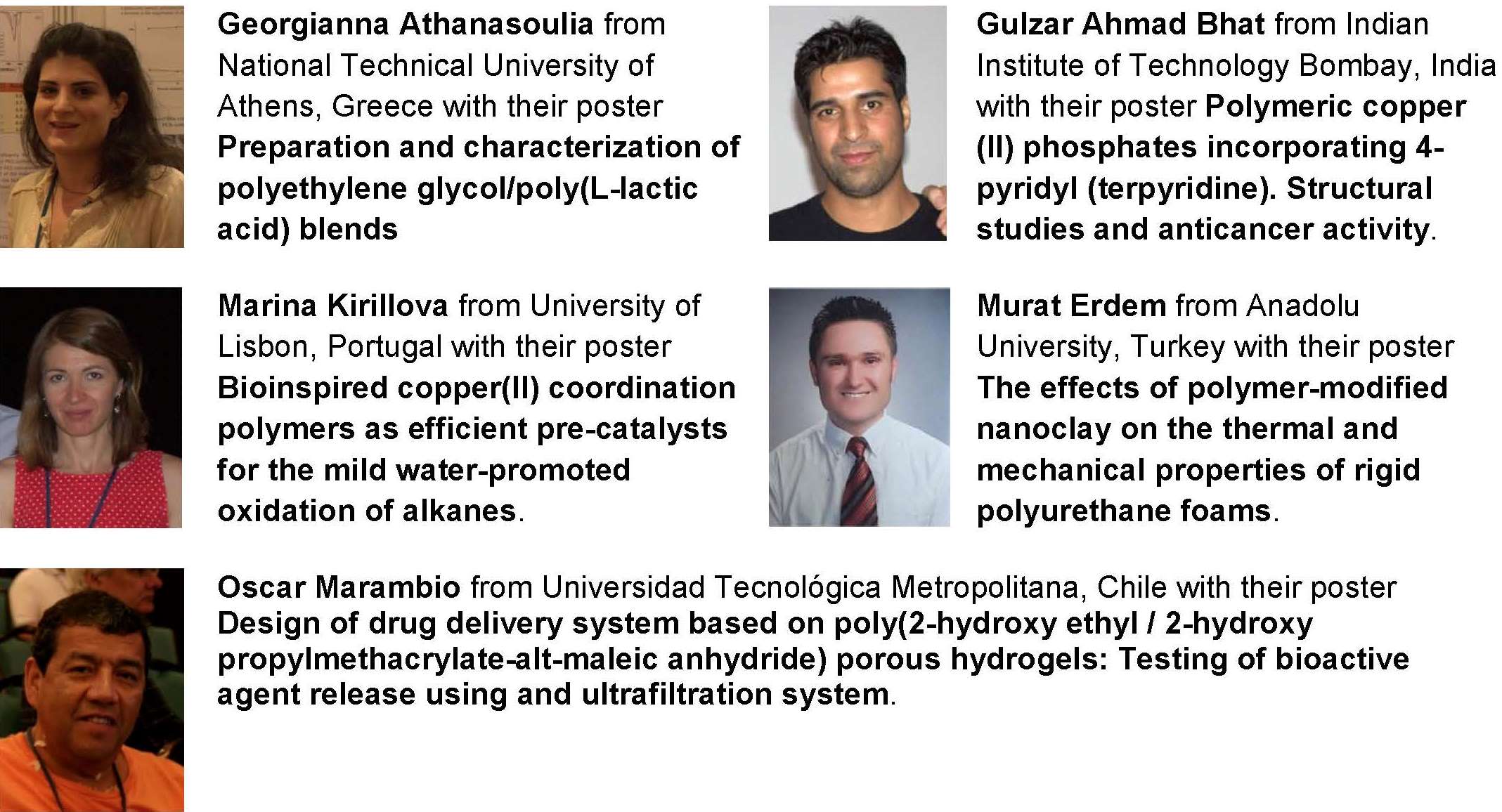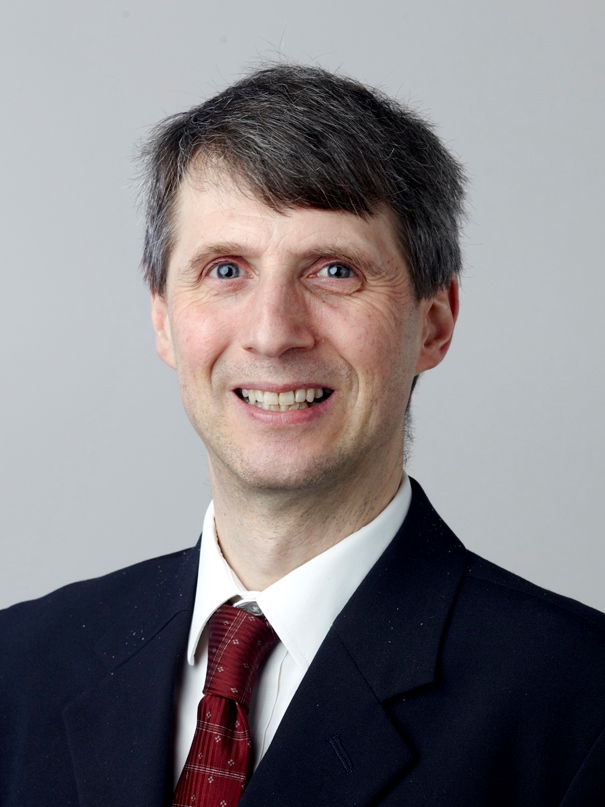Volatile organic compounds (VOCs) are numerous, varied and ubiquitous. Many of them are actually harmful to the environment or may cause long-term damage to the human health.
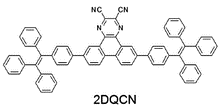 Recently Yang Liu and colleagues at Shandong University (Jinan, China) have developed a convenient fluorescence technique for sensing VOCs, using an AIE luminogen 2DQCN.
Recently Yang Liu and colleagues at Shandong University (Jinan, China) have developed a convenient fluorescence technique for sensing VOCs, using an AIE luminogen 2DQCN.
Compared to Mass Spectrometry, one of the most popular analytical methods for VOCs detection, this newly reported technique using 2DQCN is less expensive, easier to master and more straightforward.
When solid films of 2DQCN are exposed to organic vapours, colour of their emitted light can be switched reversibly from red to yellow at a characteristic rate. The high-contrast and morphology-dependent fluorescence of 2DQCN allowed its utilization as a novel visible sensor for detecting VOCs with high sensitivity and selectivity.
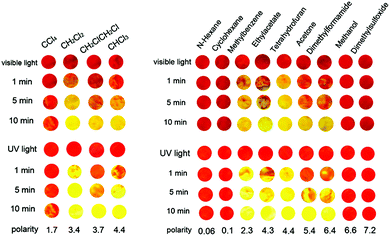
2DQCN crystalline films emitted lights in different colours after exposure to various VOCs for 1 min, 5 min and 10 min, respectively.
(see Mater. Chem. Front. DOI: 10.1039/c6qm00146g)
This interesting work is also highlighted by the ACS in its recent “Cutting-Edge Chemistry” New – AIE Detectives Make Life Safer, contributed by Ben Zhong Tang from Hong Kong University of Science and Technology.
(see http://bit.ly/2eMMDSy)
Figures used in the article are reproduced from Dicyanopyrazine capped with tetraphenylethylene: polymorphs with high contrast luminescence as organic volatile sensors, Mater. Chem. Front. DOI: 10.1039/c6qm00146g











